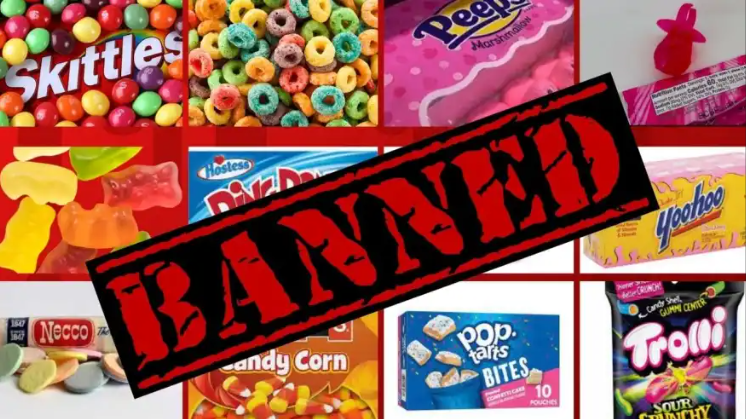As people dive head first into the New Year, they jump into new commitments with hope and excitement to better themselves. These resolutions are usually well intended, and yet it seems more often than not, they just don’t stick. So why not?
“Obviously people are well intentioned when they make a resolution,” says BBHHS teacher Jessica Harnist. “It’s usually something that will somehow better themselves. Maybe it’s adding in more gym time, sometimes taking something away like quitting smoking or not eating junk food.”
Freshman Payton Fuller sees similar patterns in these resolutions. “I’ve mostly heard of self improvement [goals], for example, going to the gym or working out, eating healthier, drinking more water, or just [focusing on] school in general.”
“In order to change a behavior, you have to be uncomfortable and nobody wants to be uncomfortable. So in order to see a lasting change, you have to be in a state of discomfort for a really long period of time,“ says Jennifer Kowalski in the article, “The Psychology Behind Why New Year’s Resolutions Fail.”
Common resolutions typically suggest long term changes and people tend to get frustrated when their long term goals don’t come quickly or easily.
Michael Bradac, BBHHS teacher, says resolutions often fail when there is “too high of an expectation when making the goal and failure to see results in a short amount of time.”
“I think long term goals are discussed with a broader stroke and are more general, while short term goals are typically more specific,” says Bradac. “I think it is best to think of a long term goal one would like to reach and then break that down into smaller, more specific and more easily reached short term goals. I feel this allows the person to feel the success of the short term goals which should encourage them to keep going to reach their long term goal.”
This seems to be a common consensus, because sophomore Elise DiFranco suggests “setting milestones and small goals to reach along the way” to keep people motivated.
The innovative media brand Fast Company says that choosing one thing, making it specific, setting milestones, creating a habit, focusing on purpose, having accountability, and believing in oneself, is the recipe for success.
Author Jim Kwik in “7 secrets of people who keep their New Year’s resolutions” says, “A resolution should be a decision. Decision, like the word ‘incision,’ means to cut off from any other possibility. It’s making a commitment.”







































